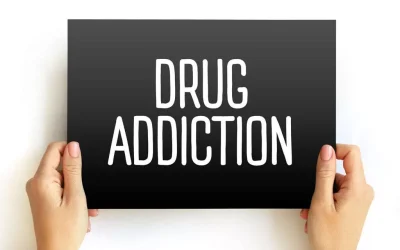It’s recommended that you do not stop taking Eliquis without first talking with your doctor. Long-term excessive alcohol consumption can also cause complications such as cardiovascular disease, high blood pressure, and stroke. Although alcohol does not interact with the mechanism of Eliquis, some evidence suggests that moderate alcohol drinking can act as a blood thinner. According to the American Blood Clot Association, one study showed that the alcohol content in 1 or 2 drinks could potentially decrease blood clotting. The formation of a blood clot in the body is a complex process that involves multiple substances called clotting factors. Warfarin decreases the body’s ability to form blood clots by blocking the formation of vitamin K–dependent clotting factors.
Any big changes to your food intake – including ramping up the amount of these blood-thinning foods – can alter the effect of your prescription drug so seek medical advice. Even herbal supplements such as St John’s Wort, and herbal teas such as chamomile and green tea can interfere with Warfarin. Yes, you can, but heavy drinking or binge drinking will raise your risk of excessive bleeding.
The warning includes risks such as epidural or spinal hematoma (which could result in paralysis). It recommends not stopping Eliquis before completing therapy, and avoiding anti-inflammatory drugs, other blood thinners, and platelet inhibitors to decrease risk. People should speak with a healthcare professional about consuming alcohol and taking blood-thinning medications safely.


Discuss with your doctor which types of exercise may be best for you. Talk to your doctor if you’re on blood thinners and thinking about having a baby. If you’re already pregnant, double check with your doctor to make sure the blood thinner you’re on won’t harm the baby. Long periods of immobility, smoking, is alcohol a blood thinner obesity, and pregnancy can all increase your risk of a blood clot in the deep veins of the legs. Enjoying a glass or two of wine or beer shouldn’t be a problem. But if you take warfarin, excessive amounts of alcohol can alter how the drug is metabolized and raise your bleeding risk, cautions Cushman.
Sometimes, however, a blood clot can appear in an artery that supplies your heart or brain with oxygen-rich blood. When a clot blocks blood flow to your heart, it can cause a heart attack. If it blocks the blood flow to your brain, it can cause a stroke. The use of blood thinners in this group of patients is common. Warfarin (Coumadin) is the most widely used blood thinner. The two primary types of blood thinners are anticoagulants and antiplatelets.
Why You Shouldn’t Mix Ibuprofen and Alcohol, According to Doctors SELF.
Posted: Tue, 25 Jul 2023 07:00:00 GMT [source]
In the United States, over 84% of adults report drinking alcohol at least once in their lifetime. Other medications, food and alcohol can change the way blood thinners work, and a blood thinner can change the way other medications work. For example, foods that are high in vitamin K can work against warfarin, but not other blood thinners.
This is doubly dangerous, as you are more likely to have an injury while intoxicated and are at higher risk for severe bleeding. Coumadin is one of the most commonly used blood thinners in the U.S., but it carries a 3% to 6% risk of major bleeding. Alcohol should be avoided when taking Coumadin, as it is one of the most serious risk factors for complications with this medication. This may lower your risk for the type of strokes caused by blockages in blood vessels.
In addition, some direct-acting oral anticoagulants are broken down in the liver; if you have alcohol-induced liver disease, tell your healthcare provider. But having more than three alcoholic drinks daily could increase your risk for a type of stroke caused by bleeding in the brain (hemorrhagic strokes). But sometimes, a blood clot can form in — or travel to — an artery that supplies your heart or brain with oxygen-rich blood. Alcohol can also affect the action of platelets, which are the components of the blood that form clots. A 2016 review suggests that significant daily alcohol consumption increases the activity of platelets. Researchers have found that low-to-moderate drinking could reduce certain processes that lead to heart disease and inflammation.